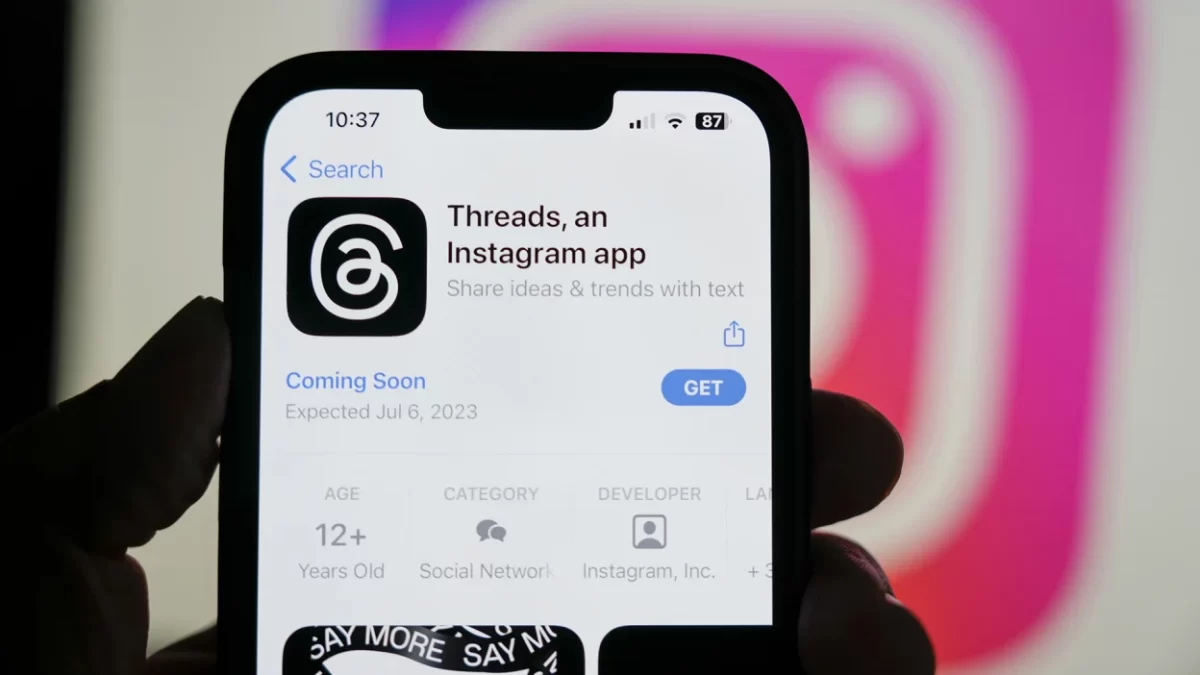In the age of social media, a new term has surfaced to describe the growing concerns over the cognitive impact of prolonged TikTok usage: “TikTok brain rot.” This phenomenon refers to the negative effects on attention span, memory, and critical thinking that some experts say are linked to the platform’s addictive nature and ultra-short, rapid-fire video content. As TikTok continues to grow in popularity among younger audiences, particularly teenagers and young adults, many are questioning whether the app is contributing to a mental health crisis.
TikTok, the new social media app that has teenagers locked in on their phones all throughout the day. TikTok, known for its quick, entertaining videos that often last only 15 to 60 seconds, has revolutionized the way people consume media. However, experts warn that the app’s format, which promotes endless scrolling and constant content bombardment, may be affecting users’ ability to focus. “The rapid pace of TikTok’s content is designed to be addictive. It gives users a hit of dopamine every time they scroll, but over time, this constant stimulation can lead to a decrease in cognitive functioning,” said Dr. Laura Green, a psychologist specializing in digital addiction. In other words, the common use of short videos only allows users to shorten their attention span and makes every day tasks more difficult to partake in. Young people, or teenagers, are particularly vulnerable. A study by the National Institute of Mental Health (NIMH) found that individuals aged 13 to 24 were more likely to exhibit reduced attention spans after frequent TikTok use. The constant stream of bite-sized entertainment can make it difficult for users to focus on longer tasks, such as reading or studying for school, and it may even affect memory retention. “TikTok trains your brain to expect immediate gratification,” Dr. Green from the Institution explained. He continued, “This can impair your ability to engage in deeper, more meaningful cognitive tasks”. In short, the teenagers who were exposed to TikTok at their young age are now victims of their own attention spans and will suffer more regarding simple tasks that will be truly helpful for them in the future due to the addictive scrolling. The issue of “brain rot” has sparked significant debate. Some believe that TikTok is simply a symptom of a broader societal trend of overstimulation and that other platforms contribute similarly. However, TikTok’s format, which prioritizes quick consumption and virality over depth, may have a unique impact. A viral TikTok video typically grabs attention with flashy visuals or sensational content in the first few seconds, leading to a habit of “jumping” from one video to the next without engaging fully.
While there is no concrete evidence linking TikTok directly to permanent cognitive damage, experts agree that moderation is key. As the app continues to dominate the social media landscape, it is crucial for both parents and users to understand the risks of overconsumption. Dr. Green urges young people to engage in activities that promote deeper focus, such as reading or spending time in nature, to counterbalance the effects of “TikTok brain rot.” As she puts it, “We need to find balance in how we engage with technology or risk losing the ability to focus on what really matters.”





















